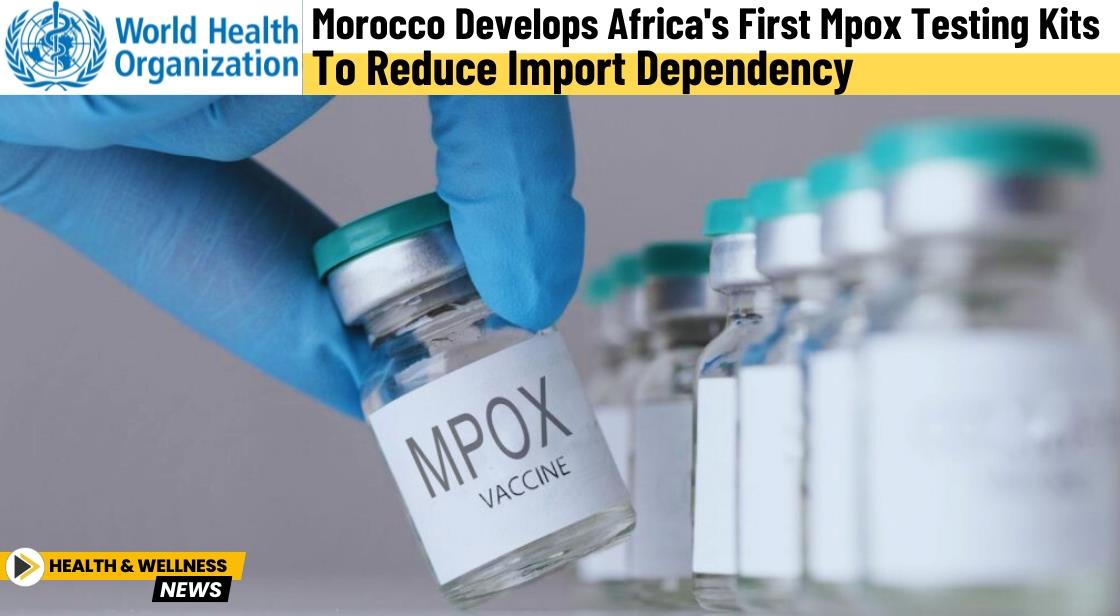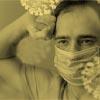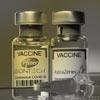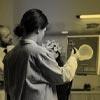Morocco Develops Africa's First Mpox Testing Kits to Reduce Import Dependency

News Synopsis
African countries have long faced dependency on imported medical supplies, a challenge highlighted during the COVID-19 pandemic. In a bid to enhance self-reliance, Morocco has developed the continent’s first mpox testing kits. Abdeladim Moumen, founder of Moldiag, emphasized the efficiency of intra-African distribution over waiting for imports from regions like Europe or China.
The Growing Need for Mpox Testing
Mpox, primarily spreading through close contact or contaminated materials, requires accurate diagnostics to differentiate from similar diseases like chickenpox or measles. With over 59,000 cases and 1,164 deaths reported in 20 African nations this year, the need for accessible and affordable testing has become urgent. The World Health Organization (WHO) recommends testing all suspected cases to track the virus’s spread effectively.
Challenges in Mpox Diagnostics Across Africa
In many regions, including Congo, limited laboratory facilities hinder effective diagnosis. For instance, South Kivu province still relies on physical examinations to identify cases. This lack of testing infrastructure complicates efforts to control the outbreak and track its progression, highlighting the need for localized manufacturing of test kits.
Morocco’s Contribution with Affordable Testing Kits
Moldiag, a Moroccan startup, began producing mpox testing kits after WHO declared the disease a global emergency. The $5 kits align with WHO’s recommendations for affordability and accessibility. Orders from countries like Burundi, Uganda, Congo, Senegal, and Nigeria have already been fulfilled.
Moving Towards Rapid Testing
While current mpox tests require laboratory processing, Moldiag and other companies are developing rapid test kits to improve diagnostic efficiency. These tests would eliminate the need for long-distance transport to labs, ensuring quicker results in outbreak areas.
Overcoming Approval Barriers
Moldiag’s kits received approval from the Africa CDC in November. However, they are yet to secure WHO approval, which typically involves lengthy processes. The Africa CDC has streamlined its approval mechanisms to address such delays, focusing on making diagnostic tools available during health crises.
The Cost Debate and Fair Pricing
Moldiag’s $5 price point addresses health advocates’ concerns over the high costs of other diagnostic tools. Public Citizen, a nonprofit, recently urged manufacturers like Cepheid to reduce their prices, arguing that genetic tests can be produced at much lower costs.
A Vision for African Self-Reliance
Moldiag’s efforts are part of a larger vision articulated by African leaders post-COVID-19. The pandemic underscored the need for the continent to produce its medical supplies to reduce global disparities. With over 1.4 billion people and frequent public health emergencies, Africa is poised to benefit significantly from localized manufacturing.
“African Tests for Africa”
Moumen emphasized the importance of producing diagnostic tools in regions where outbreaks occur. This approach not only ensures tailored solutions but also aligns with Africa’s goal of achieving medical self-reliance. By reducing reliance on imports, Africa is taking critical steps towards strengthening its healthcare infrastructure.
You May Like









